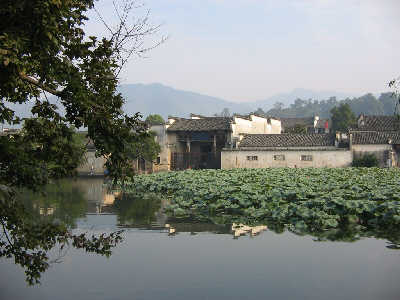Tea merchants of Huizhou, for example, did everything to ensure the quality of the tea they purchased, refusing fake and bad tea. They summarized the experience of selecting raw tea and wrote it in books to warn purchasers. After the raw tea was bought in, it would be processed under strict rules. The delicately produced tea found a big market overseas. To reach an even broader market, Huizhou tea merchants upgraded the processing technology and adjust the taste of tea to make it appealing for local consumption.

 Education and close relation with bureaucracy
Education and close relation with bureaucracy
Education was thought highly of in the Huizhou area, which provided a large number of well-educated businessmen. And those businessmen attached importance to education when they became successful in return. So generation by generation, education became a deeply rooted practice of Huizhou people.
The well-educated Hui merchants tended to analyze the supply and demand of the market in a more sober and scientific way. In the Qing Dyansty (1644-1911), educational background was one of the two qualifications when the government tried to select a candidate as the general director of salt trade. (The salt trade in ancient China was a government monopoly.)
